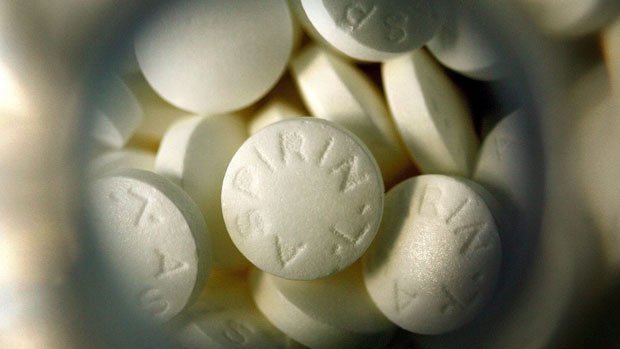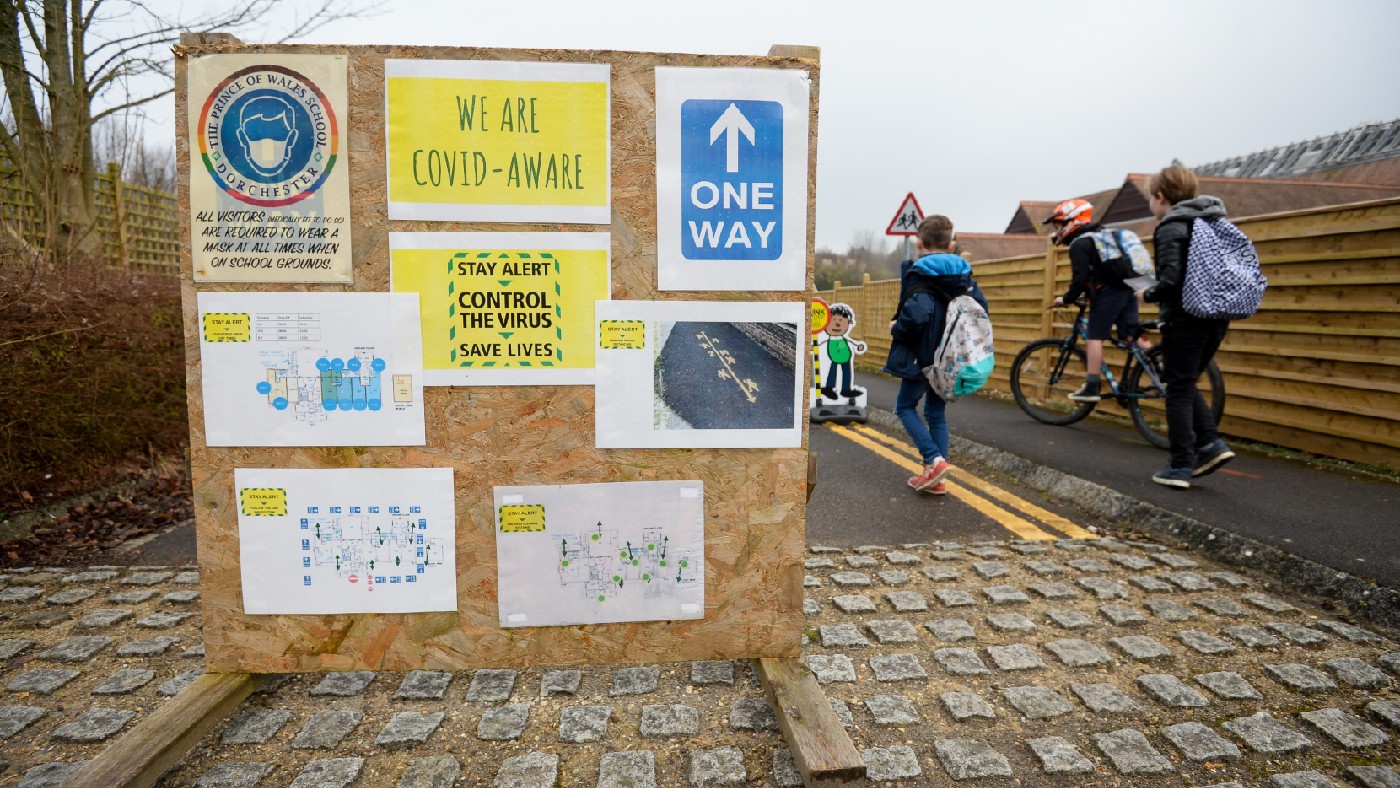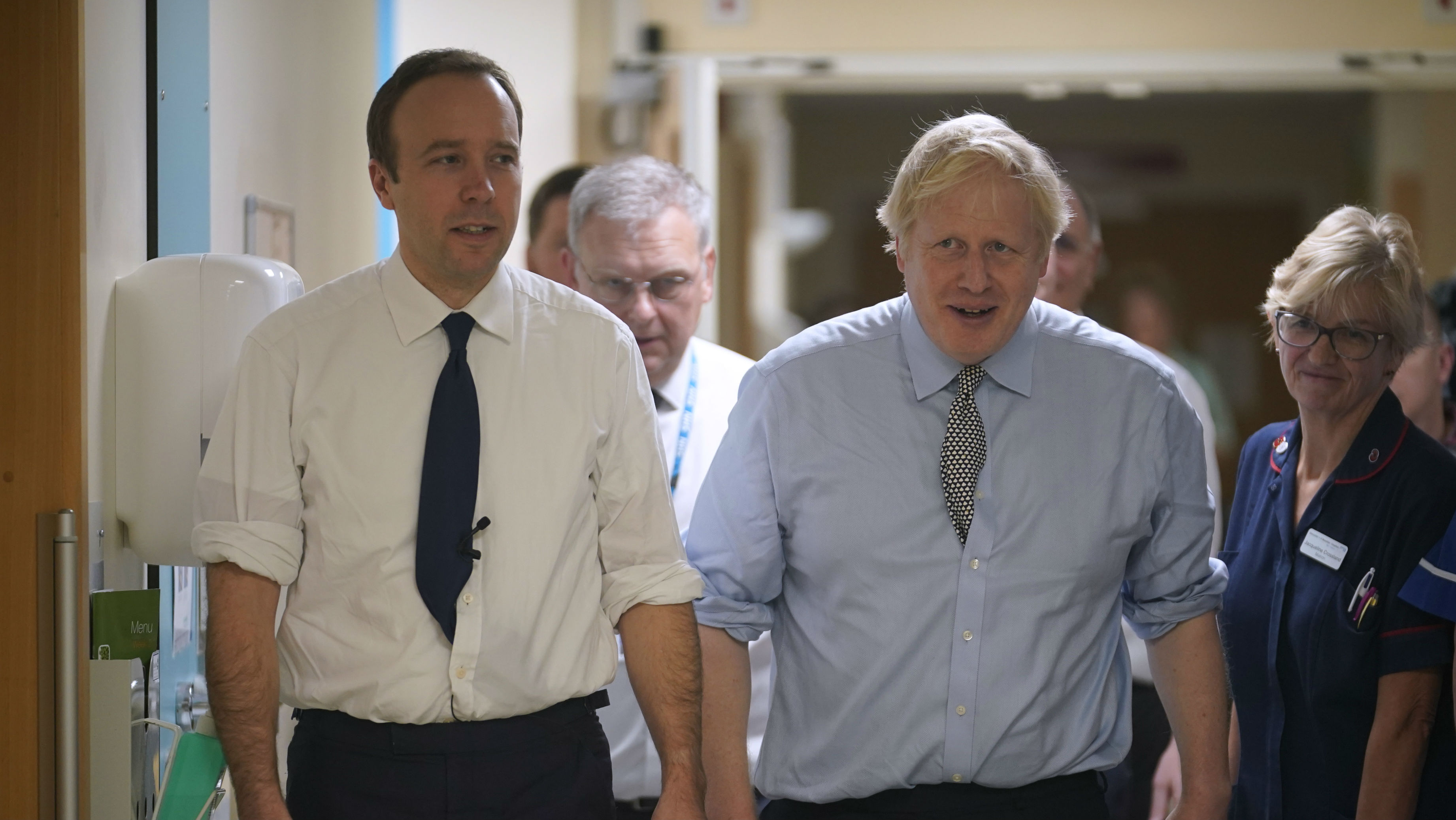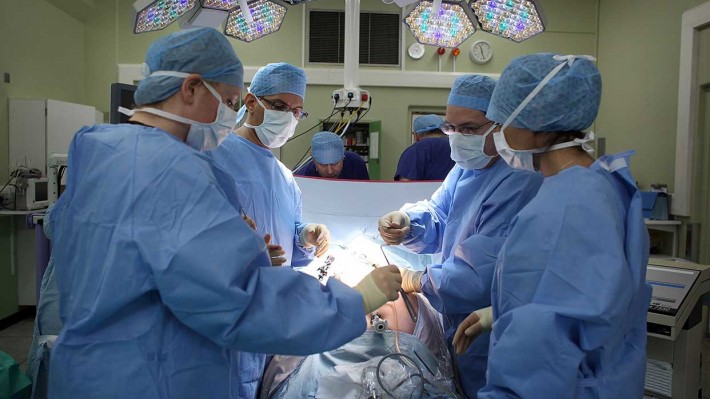An aspirin a day can keep cancer away, claims new study
Scientists say hundreds of thousands of deaths could be prevented by a small daily dose of aspirin

A free daily email with the biggest news stories of the day – and the best features from TheWeek.com
You are now subscribed
Your newsletter sign-up was successful
An examination of 200 medical studies has found that a daily aspirin could reduce the chances of developing bowel and stomach cancers.
Scientists predict that more than 120,000 deaths could be prevented over the next 20 years if everyone in the UK aged between 50 and 64 took a small dose of the drug every day for ten years. However, this is balanced with an estimated 18,000 deaths from the drug's side-effects, such as internal bleeding.
Aspirin reduced the number of cases and deaths from bowel, stomach and oesophageal cancer by around 30 to 40 per cent. There was also weaker evidence to suggest that it reduced deaths from breast, prostate and lung cancer.
The Week
Escape your echo chamber. Get the facts behind the news, plus analysis from multiple perspectives.

Sign up for The Week's Free Newsletters
From our morning news briefing to a weekly Good News Newsletter, get the best of The Week delivered directly to your inbox.
From our morning news briefing to a weekly Good News Newsletter, get the best of The Week delivered directly to your inbox.
"Whilst there are some serious side-effects that can't be ignored, taking aspirin daily looks to be the most important thing we can do to reduce cancer after stopping smoking and reducing obesity, and will probably be much easier to implement," says research leader Professor Jack Cuzick, from Queen Mary University of London.
The study found that the drug needed to be taken for five years before the benefits were gained and researchers advised people to seek medical advice before taking it.
"Exactly how aspirin protects against cancer is unknown," says the BBC. "Scientists suggest it may reduce inflammation or act on blood cells that would otherwise encourage the spread of the disease."
Cuzick believes the benefits "substantially" outweigh any side-effects, which can include bleeding, stomach ulcers and even strokes. People with blood disorders and frequent smokers or drinkers are said to be more likely to suffer side-effects of taking a blood-thinning medication such as aspirin.
A free daily email with the biggest news stories of the day – and the best features from TheWeek.com
Cuzick predicts that if 1,000 60-year-olds took the drug for a decade, a further decade later there would be two extra deaths from bleeding, but 16 people would be saved from cancer-related deaths and one fatal heart attack would be prevented.
-
 Crisis in Cuba: a ‘golden opportunity’ for Washington?
Crisis in Cuba: a ‘golden opportunity’ for Washington?Talking Point The Trump administration is applying the pressure, and with Latin America swinging to the right, Havana is becoming more ‘politically isolated’
-
 5 thoroughly redacted cartoons about Pam Bondi protecting predators
5 thoroughly redacted cartoons about Pam Bondi protecting predatorsCartoons Artists take on the real victim, types of protection, and more
-
 Palestine Action and the trouble with defining terrorism
Palestine Action and the trouble with defining terrorismIn the Spotlight The issues with proscribing the group ‘became apparent as soon as the police began putting it into practice’
-
 Neanderthal gene ‘caused up to a million Covid deaths’
Neanderthal gene ‘caused up to a million Covid deaths’Speed Read Genetic tweak found in one in six Britons means cells in the lungs are slower to launch defences
-
 Legalising assisted dying: a complex, fraught and ‘necessary’ debate
Legalising assisted dying: a complex, fraught and ‘necessary’ debateSpeed Read The Assisted Dying Bill – which would allow doctors to assist in the deaths of terminally ill patients – has relevance for ‘millions’
-
 Vaccinating children: it’s decision time for the health secretary as kids return to school
Vaccinating children: it’s decision time for the health secretary as kids return to schoolSpeed Read Sajid Javid readying NHS England to roll out jab for children over 12, amid fears infections will rocket
-
 ‘Vaccination blunts, but does not defeat’: exploring Israel’s fourth Covid wave
‘Vaccination blunts, but does not defeat’: exploring Israel’s fourth Covid waveSpeed Read Two months ago, face masks were consigned to bins. Now the country is in a ‘unique moment of epidemiological doubt’
-
 Thousands told to self-isolate in Covid app pinging error, claims Whitehall whistleblower
Thousands told to self-isolate in Covid app pinging error, claims Whitehall whistleblowerSpeed Read Source says Matt Hancock was privately told of the issue shortly before he resigned as health secretary
-
 Record 5.45m people on NHS England waiting lists
Record 5.45m people on NHS England waiting listsSpeed Read Health chief warns that crisis is nearing ‘boiling point’ as backlog grows
-
 Covid testing: the ‘great new game of holiday roulette’
Covid testing: the ‘great new game of holiday roulette’Speed Read On one day last week, the price of a private PCR test ranged from £23.99 to £575
-
 San Marino is first European country to offer ‘vaccine vacation’
San Marino is first European country to offer ‘vaccine vacation’Speed Read Tiny landlocked nation to give Russian Sputnik vaccine to paying tourists